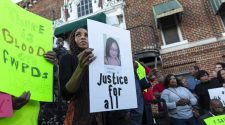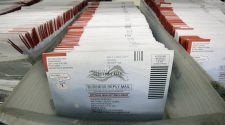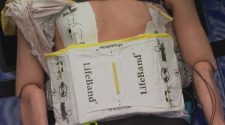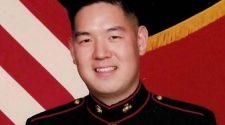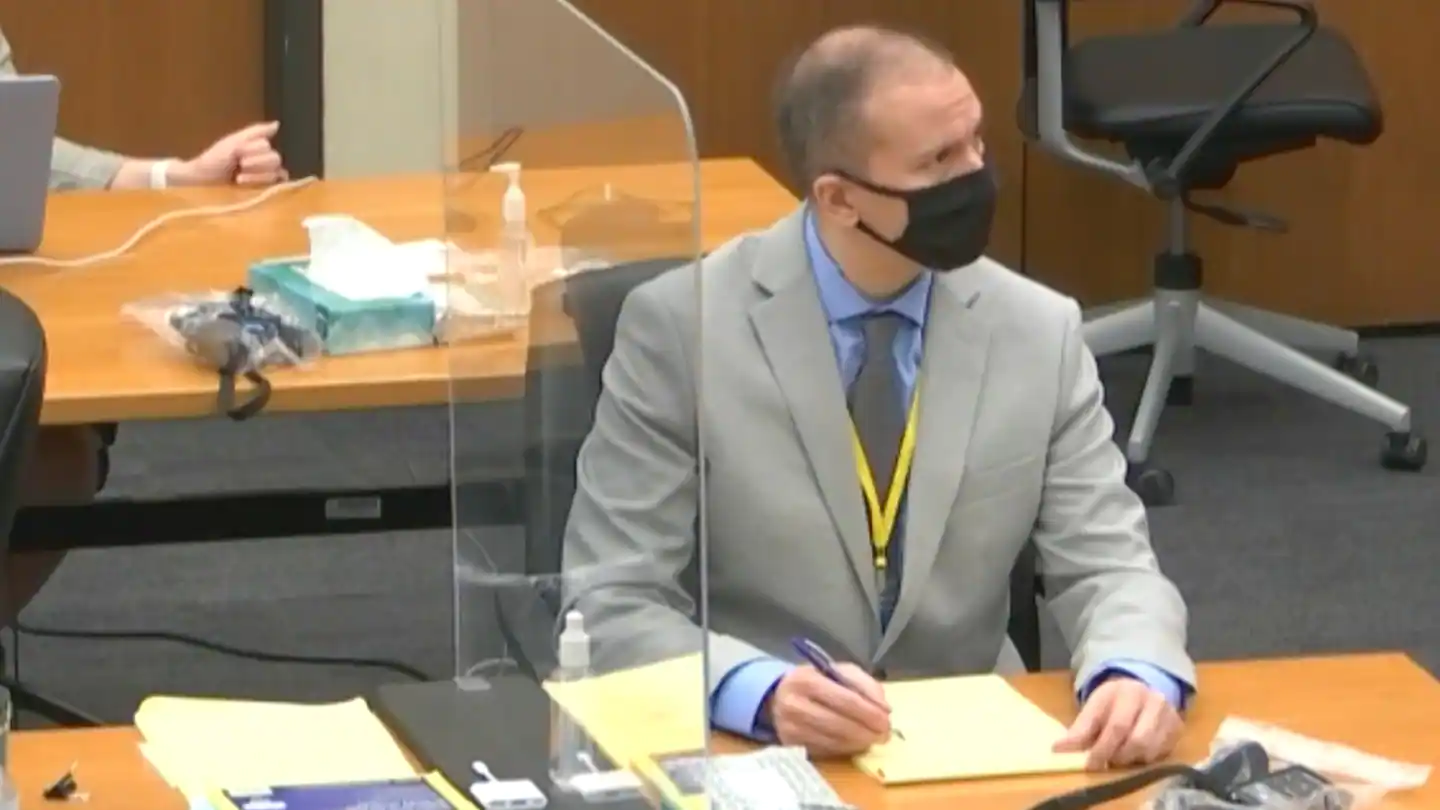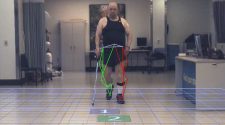Eric Nelson, Chauvin’s defense attorney, questioned the “suspicious timing” of the settlement and argued it was “highly prejudicial” against his client. He called on Hennepin County District Court Judge Peter A. Cahill to “at least” call back the seven jurors already seated in the case to question them to see if they had read the news of the settlement and if they could continue to be impartial in the case.
“The fact that this came in the exact middle of jury selection. It’s perplexing to me,” Nelson said. “Whose idea was it to release this information?
He criticized members of the Minneapolis City Council and Mayor Jacob Frey, suggesting they had intended to sway public opinion in the case. He was particularly critical of Frey, who is also a civil rights attorney, saying “he should have known better.”
Cahill didn’t immediately rule on the defense requests, but agreed the developments were “concerning.” “I wish city officials would stop talking about this case so much,” he said.
Cahill agreed he would have to call back the seated jurors in the case, but suggested he would do so closer to the date of opening arguments, currently scheduled for March 29. He said he would take the other defense motions into consideration and proceed forward with jury selection in the case.
Steve Schleicher, a special assistant Minnesota Attorney General who is one of the prosecutors in the case, did not immediately oppose the defense motion for continuance, but he pressed Cahill to “take a step back (and) look at the actual effect” before making a decision.
The settlement, unanimously approved by the Minneapolis City Council, was announced during an afternoon break in jury selection Friday and went unmentioned for the rest of the day, even as several city officials, including Frey, joined the Floyd family and their attorneys at a nearby news conference to announce the payout.
Several observers have questioned the timing of the settlement and why the city didn’t wait to announce the payout until after the trial.
In 2019, the city paid $20 million to the family of Justine Damond, who was fatally shot in 2017 by a Minneapolis police officer as she approached his squad car after calling 911. That settlement was announced after a jury convicted the former officer.
A Minneapolis official told The Washington Post on Friday that the city was concerned about the timing. The official, who was not authorized to speak publicly, said the city consulted with Hennepin County Chief District Court Judge Toddrick S. Barnette, who told the city it could proceed. Barnette has not responded to a request for comment.
Seven jurors have been seated in the case — a faster pace than expected as the court seeks 12 jurors and up to four alternates. Tamburino said Cahill had several options — including recalling the seven jurors who have been selected to allow attorneys to ask about their exposure to the settlement. Potential jurors have been asked to avoid the news since they were summoned in the case in late December, and Cahill often begins their questioning by asking whether they have “accidentally” been exposed to any headlines and what they recall of that news.
Some observers have said it is possible that Cahill could scrap jury selection and start over.
“This development is not good for anybody. Nobody wants to redo this,” said Joe Tamburino, a longtime Minneapolis defense attorney. “This is not good for the defense. … And this is not good for the prosecution. Under our rules of ethics, they have a greater duty to make sure fairness occurs in trials than anyone else. And this is bad for the system.”

